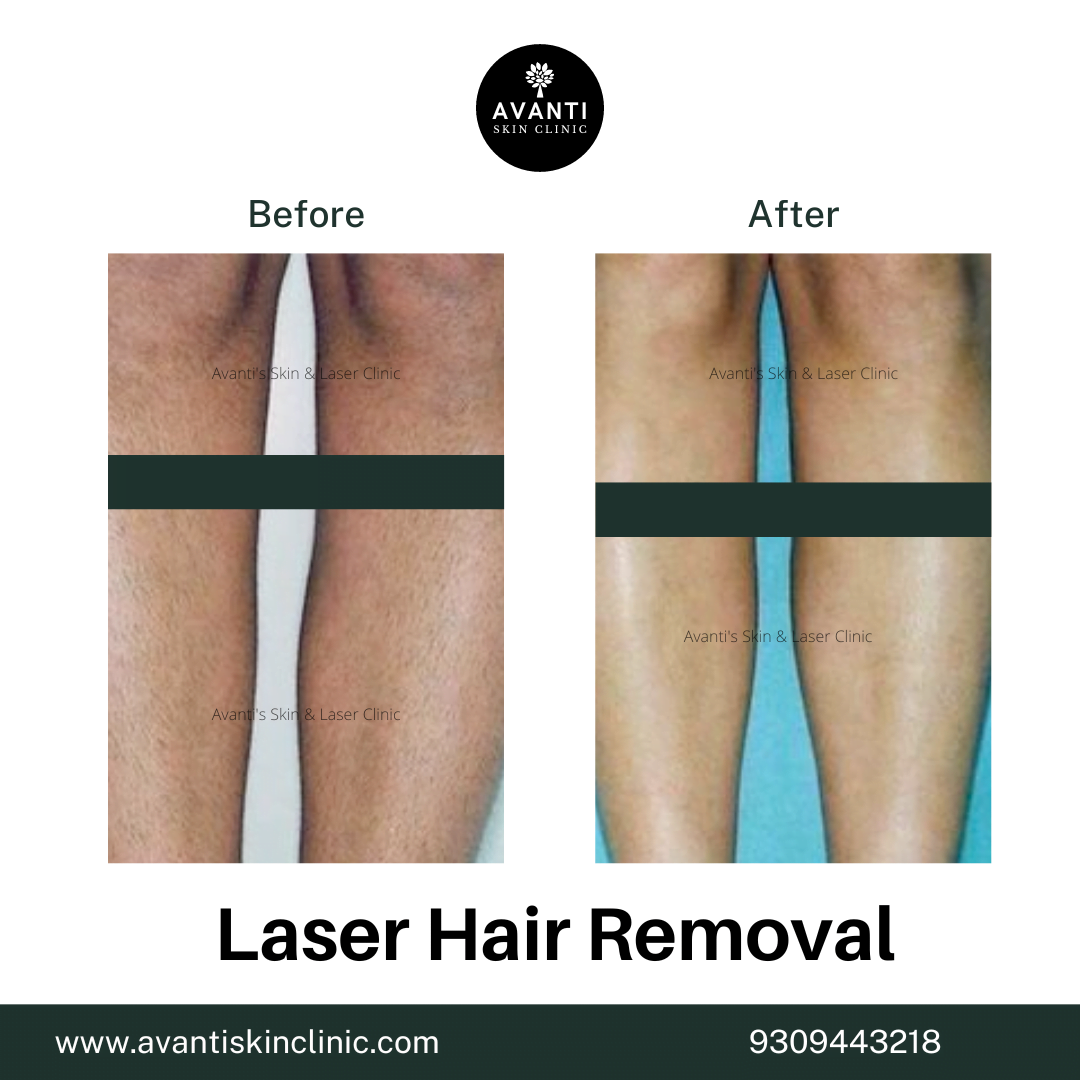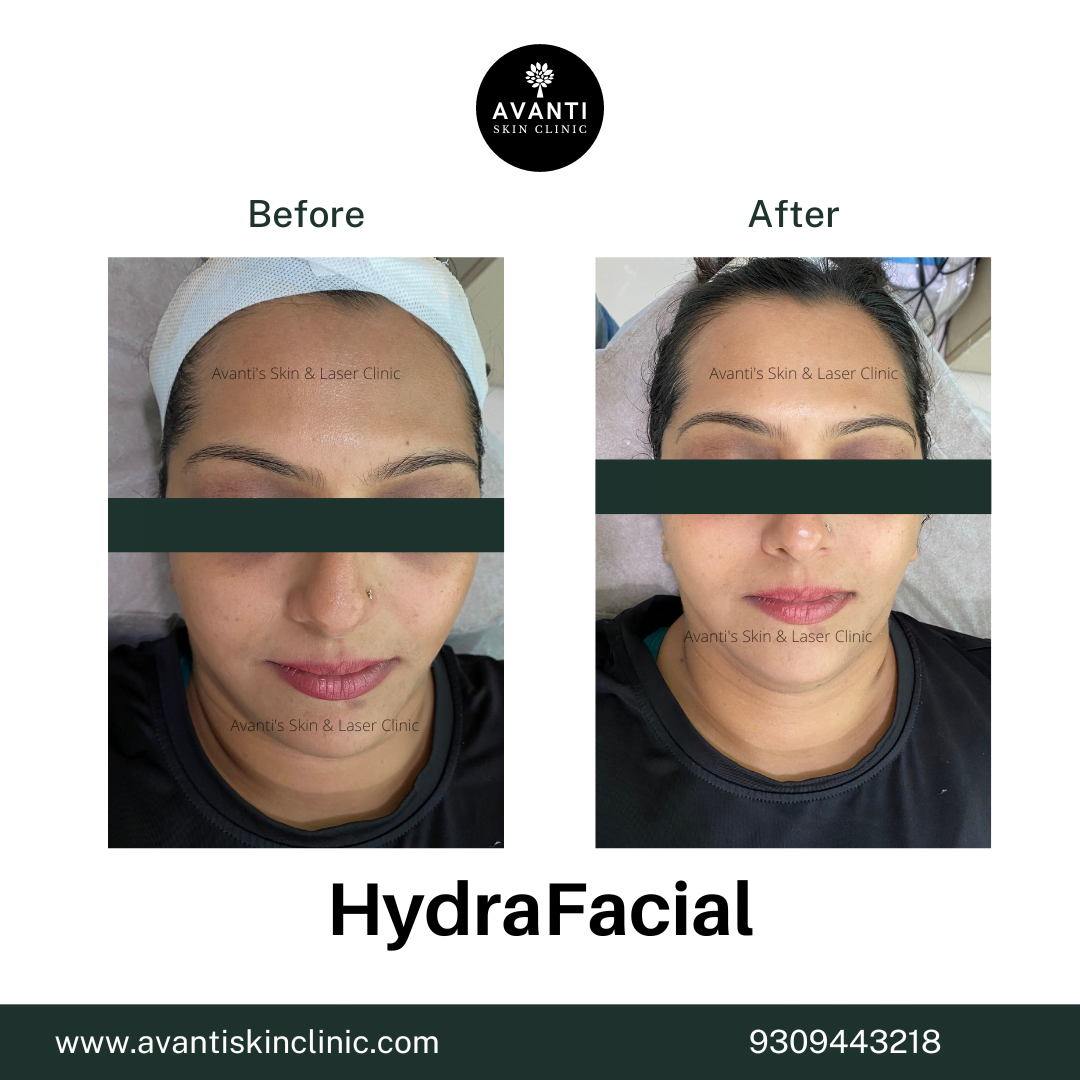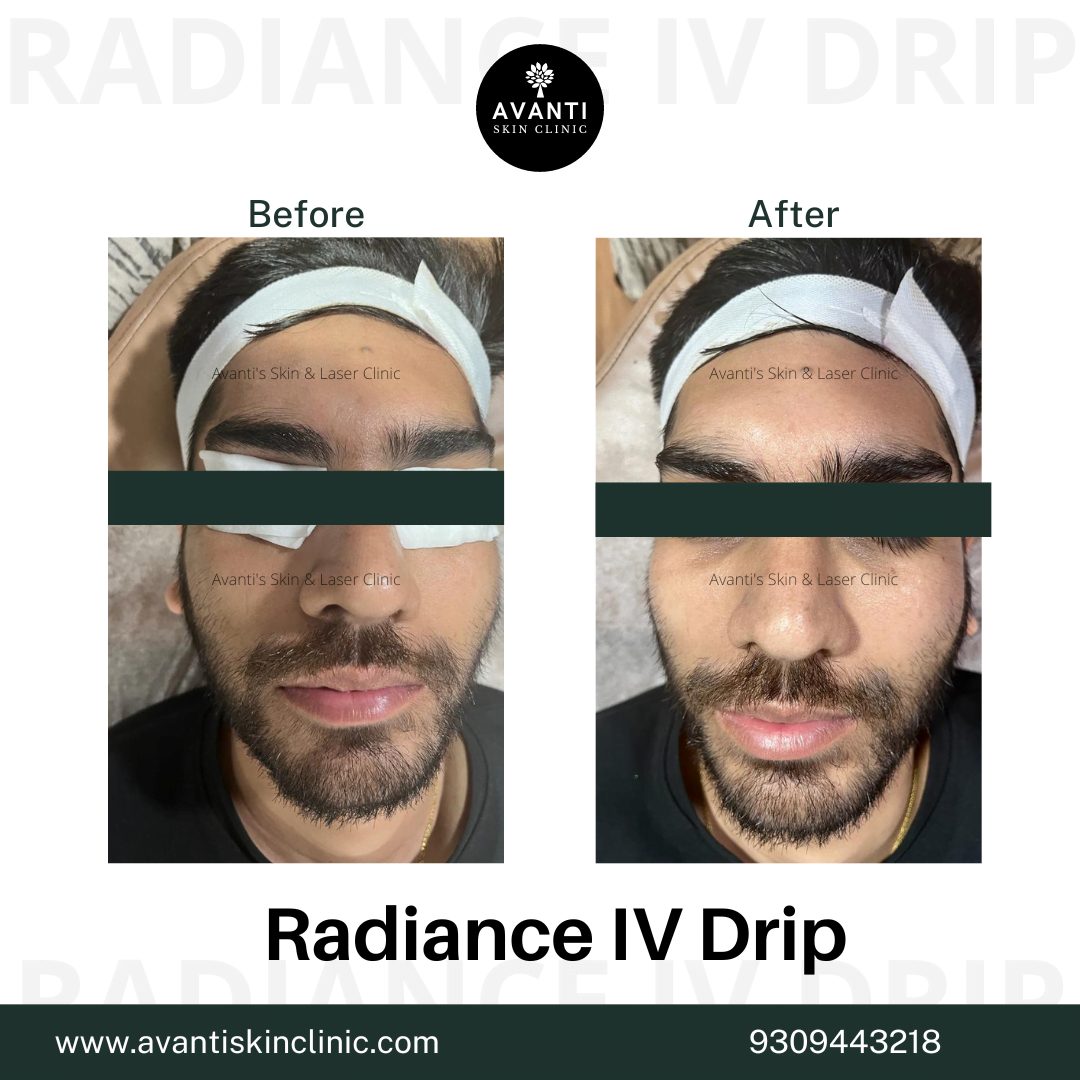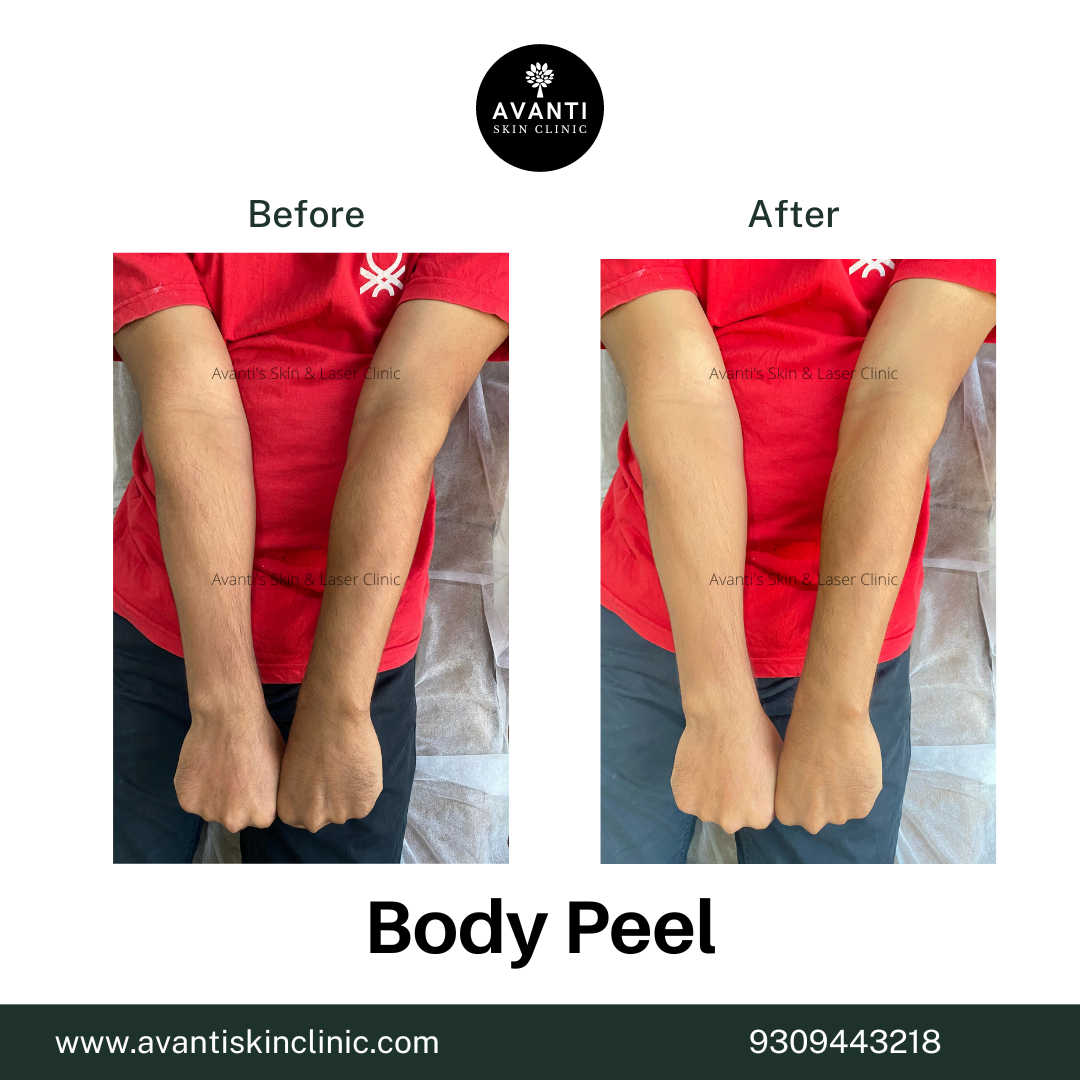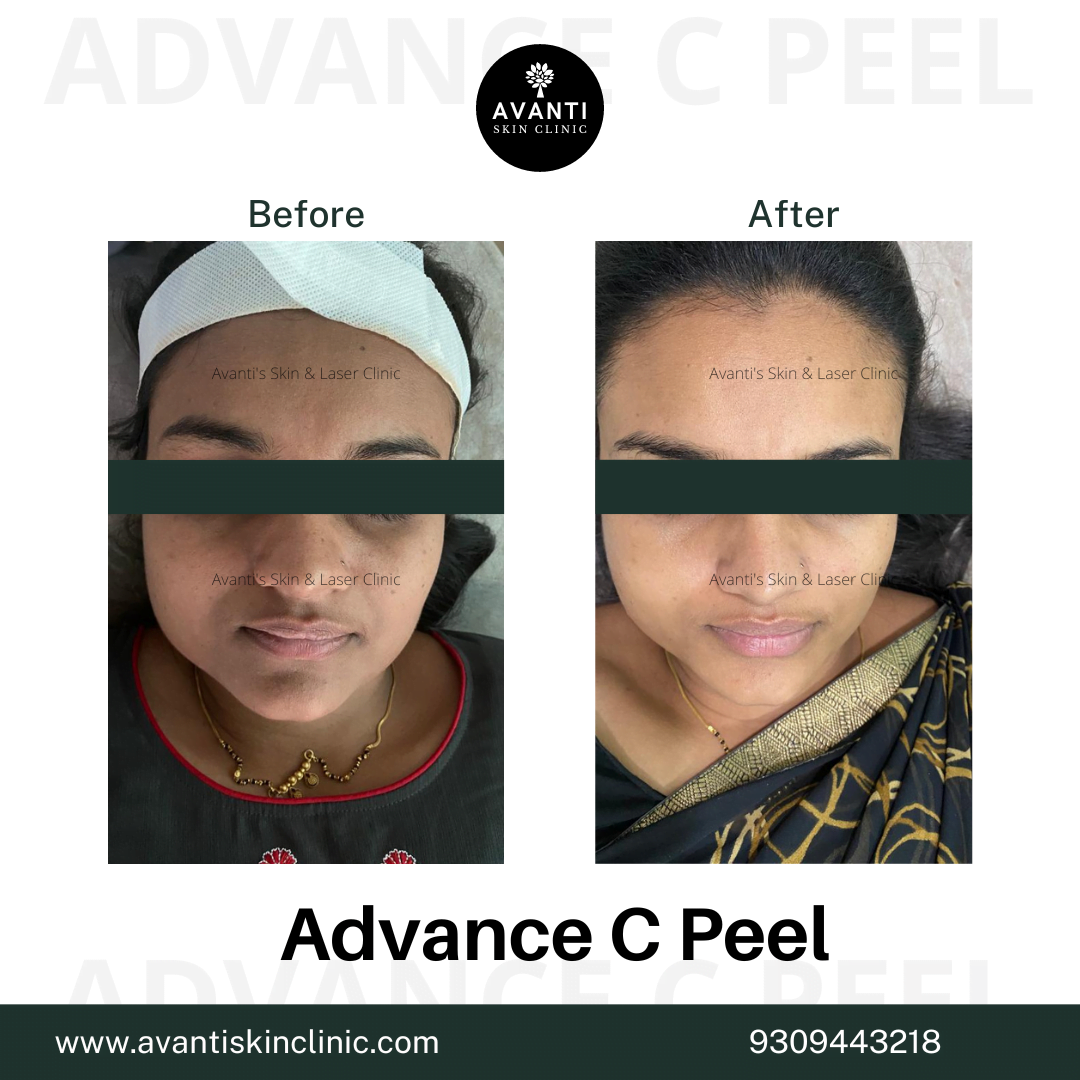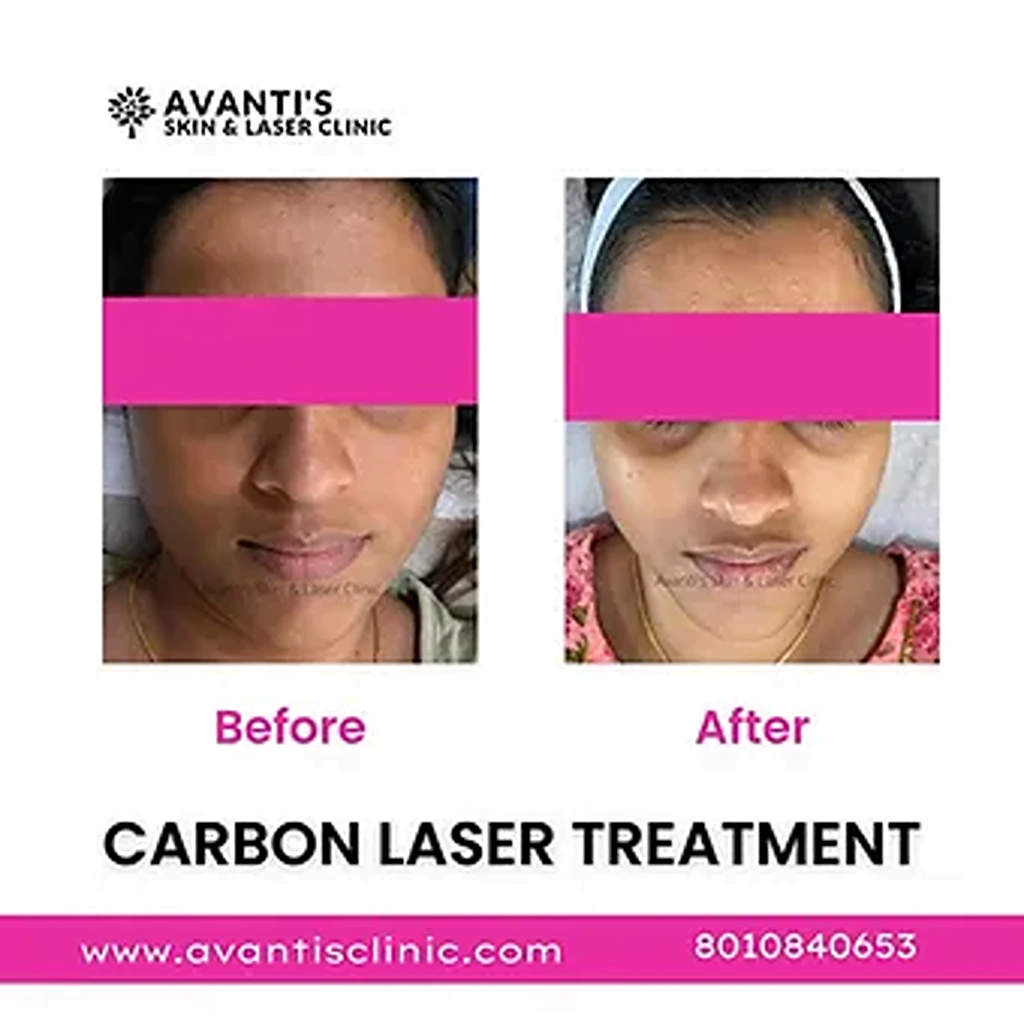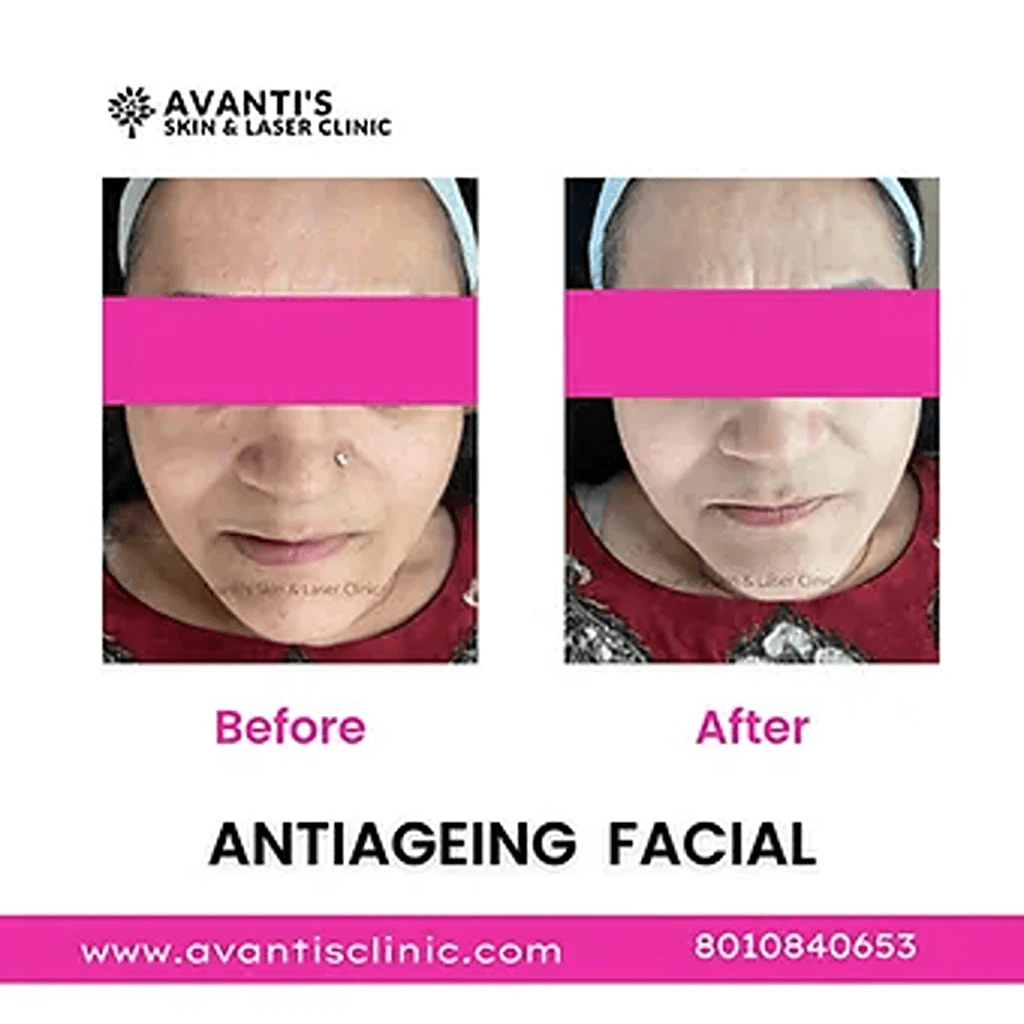How to Treat Dry Skin: Effective Remedies and Treatment Options
Dry skin is a common concern that can cause flakiness, itchiness, and an overall lack of hydration, especially on the face. Understanding how to treat dry skin on face effectively is essential to restoring its natural softness and radiance. Whether it’s due to environmental factors, harsh skincare products, or age, treating dry skin requires the right combination of care and treatment options.
If you’ve been wondering how to cure dryness of face, it starts with identifying the root causes. From hydration-focused skincare routines to advanced dermatological treatments, there are many ways to address this issue. Let’s dive into the symptoms, remedies, and treatments for dry skin.
What is Dry Skin?
Usually, there are three types of skin have-dry skin, oily skin and combination skin. Dry skin vs oily skin is a common debate and there are many specific issues with both of these. Dry skin occurs when your skin loses its natural moisture due to factors like weather changes, over-cleansing, or genetics. The skin barrier becomes compromised, leading to rough, flaky, or cracked skin. Commonly affecting the face, hands, and other exposed areas, dry skin can make your skin feel tight and irritated.
For people with extreme dryness, medical conditions like eczema or psoriasis could also be contributing factors. It’s important to consult a dermatologist to determine the best skin treatment for dry skin that fits your unique needs.
Early Signs and Symptoms of Dry Skin
Recognizing the early signs of dry skin can help you start effective treatment. Here are some common indicators:
- Flakiness: Noticeable patches of dead skin, particularly on the face or hands.
- Tightness: A feeling of skin being stretched, especially after washing.
- Cracks and Roughness: Visible cracks or a rough texture on your skin.
- Redness or Irritation: Dry skin often leads to redness or sensitivity.
- Itching: Persistent itchiness is a key sign of dryness, particularly during colder months.
What Causes Dry Skin?
There are various reasons why your skin might feel excessively dry. Knowing these can guide you on how to treat dry skin effectively:
- Weather Conditions: Low humidity and cold weather strip moisture from your skin.
- Hot Showers: Frequent exposure to hot water damages your skin’s natural oils.
- Harsh Products: Soaps and cleansers with harsh chemicals can dehydrate your skin.
- Age: Aging skin tends to lose moisture and elasticity, making it prone to dryness.
- Medical Conditions: Issues like eczema or dermatitis can worsen skin dryness.
Remedies for Treating Dry Skin
Wondering how to treat dry skin on face or other parts of your body? Here are some effective remedies:
- Moisturizers: Use a hydrating moisturizer containing ceramides, glycerin, or hyaluronic acid. Apply immediately after cleansing for best results.
- Gentle Cleansers: Replace harsh soaps with mild, fragrance-free cleansers to avoid stripping the skin’s natural oils.
- Humidifiers: Keep your indoor air hydrated, especially during winter months, with a humidifier.
- Avoid Overwashing: Limit washing your face or hands to twice a day and use lukewarm water instead of hot water.
- Stay Hydrated: Drink plenty of water to support your skin’s natural hydration from within.
How to Treat Dry Skin, Professionally?
If home remedies don’t provide relief, professional dry skin treatment options are highly effective.
- HydraFacials: These deeply hydrate and exfoliate the skin, restoring moisture balance.
- Chemical Peels: Designed for dry skin, these peels improve texture by removing dead skin cells.
- Microneedling: This stimulates collagen production, enhancing skin hydration and elasticity.
- Topical Treatments: Dermatologists may prescribe medicated creams with ingredients like urea or lactic acid.
- Laser Therapy: Advanced laser treatments target deeper layers of skin for lasting hydration.
How to Prevent Dry Skin
Preventing dry skin is easier than curing it. Here’s how you can avoid it:
- Use sunscreen daily to protect your skin from harmful UV rays.
- Opt for gentle, nourishing skincare products.
- Apply a thick moisturizer at night to lock in hydration.
- Wear protective gloves during household chores or in cold weather.
- Avoid over-exfoliating your skin, which can worsen dryness.
Make sure that you take good care of your skin, especially in winter. Check out our treatments for dry winter skin to know your options.
How Avanti Skin Clinic Can Help with Dry Skin Treatment
At Avanti Skin Clinic, we specialize in advanced treatments for dry skin. Whether you’re dealing with chronic dryness or looking for advice on how to cure dryness of your face, our expert dermatologists provide tailored solutions. From HydraFacials to prescription skincare, we focus on restoring your skin’s health and radiance.
Our state-of-the-art treatments target the root causes of dryness, ensuring long-lasting results. Whether you need professional guidance on skin treatment for dry skin or advanced therapies to combat severe dryness, we’re here to help you achieve glowing, hydrated skin.
Frequently Asked Questions
Start with a gentle, hydrating skincare routine and use a moisturiser twice daily. Consult a dermatologist for advanced treatments like HydraFacials or prescription creams.
Look for intensive hand creams with urea or shea butter. Wearing gloves during chores can also help retain moisture.
While dry skin can be managed effectively with proper care and treatments, ongoing maintenance is key to preventing recurrence.
Use a rich moisturiser daily and protect your skin from harsh weather by wearing sunscreen and covering exposed areas.

